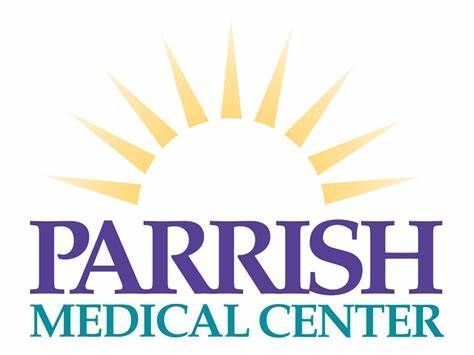The Role of Atrial Fibrillation in the Development of Heart Failure
The connection between atrial fibrillation and heart failure.

Atrial fibrillation (AF) is a common cardiac arrhythmia characterized by irregular and rapid electrical impulses originating from the atria. It affects millions of individuals worldwide and is associated with an increased risk of adverse cardiovascular events. One significant complication of AF is its contribution to the development and progression of heart failure. This article explores the intricate relationship between atrial fibrillation and heart failure, highlighting the mechanisms by which AF can lead to heart failure and emphasizing the clinical implications.
- Hemodynamic Consequences: Atrial fibrillation disrupts the coordinated contraction of the atria, leading to ineffective atrial contraction and loss of atrial kick. As a result, the ventricles receive an irregular and often rapid ventricular response, compromising the overall cardiac output. The reduced cardiac output can result in decreased systemic perfusion and tissue oxygenation, leading to symptoms such as fatigue, dyspnea, and exercise intolerance.
- Structural Remodeling: Prolonged episodes of AF can induce structural remodeling in the atria, promoting fibrosis, dilation, and electrical conduction abnormalities. These changes can further perpetuate and worsen the arrhythmia, creating a self-perpetuating cycle. The structural alterations in the atria may extend to the ventricles, leading to ventricular remodeling, impaired contractile function, and eventually, heart failure.
- Ventricular Rate Control: In patients with AF, the irregular ventricular response can be managed through rate control strategies. However, excessively rapid ventricular rates, especially during physical activity, can result in increased myocardial oxygen demand, reduced diastolic filling time, and impaired ventricular relaxation. These factors contribute to ventricular dysfunction and, over time, may contribute to heart failure.
- Cardiomyopathy: In some cases, long-standing or uncontrolled AF can lead to the development of atrial cardiomyopathy, characterized by atrial dilation, fibrosis, and impaired mechanical function. This atrial cardiomyopathy can have deleterious effects on the ventricles, leading to a deterioration in ventricular function and the development of heart failure.
- Ischemic Events: AF is associated with an increased risk of thromboembolic events, including stroke. When emboli originating from the left atrial appendage occlude arteries supplying the heart, it can result in myocardial infarction, causing damage to the myocardium and potentially leading to heart failure.
Atrial fibrillation significantly contributes to the development and progression of heart failure through various mechanisms. The hemodynamic consequences, structural remodeling, ventricular rate control, cardiomyopathy, and ischemic events associated with AF collectively contribute to the decline in cardiac function and the clinical manifestation of heart failure. Recognizing the relationship between AF and heart failure is crucial for effective management and the implementation of appropriate therapeutic strategies to mitigate the progression of both conditions and improve patient outcomes.
Disclaimer: This article is for informational purposes only and should not be considered as medical advice. It is essential to consult with a qualified healthcare professional for diagnosis, treatment, and guidance regarding atrial fibrillation and heart failure.
- January, C. T., et al. (2014). 2014 AHA/ACC/HRS Guideline for the Management of Patients with Atrial Fibrillation: A Report of the American College of Cardiology/American Heart Association Task Force on Practice Guidelines and the Heart Rhythm Society. Journal of the American College of Cardiology, 64(21), e1-e76.
- Kotecha, D., et al. (2016). Atrial fibrillation and heart failure: A systematic review and meta-analysis of outcome and treatment effects. European Journal of Heart Failure, 18(5), 592-600.
- Santhanakrishnan, R., et al. (2016). Atrial fibrillation begets heart failure and vice versa: Temporal associations and differences in preserved versus reduced ejection fraction. Circulation, 133(5), 484-492.
- Savelieva, I., & Camm, A. J. (2008). Atrial fibrillation and heart failure: Natural history and pharmacological treatment. Europace, 10(5), 527-539.
- Wijffels, M. C., et al. (1995). Atrial fibrillation begets atrial fibrillation: A study in awake chronically instrumented goats. Circulation, 92(7), 1954-1968.




